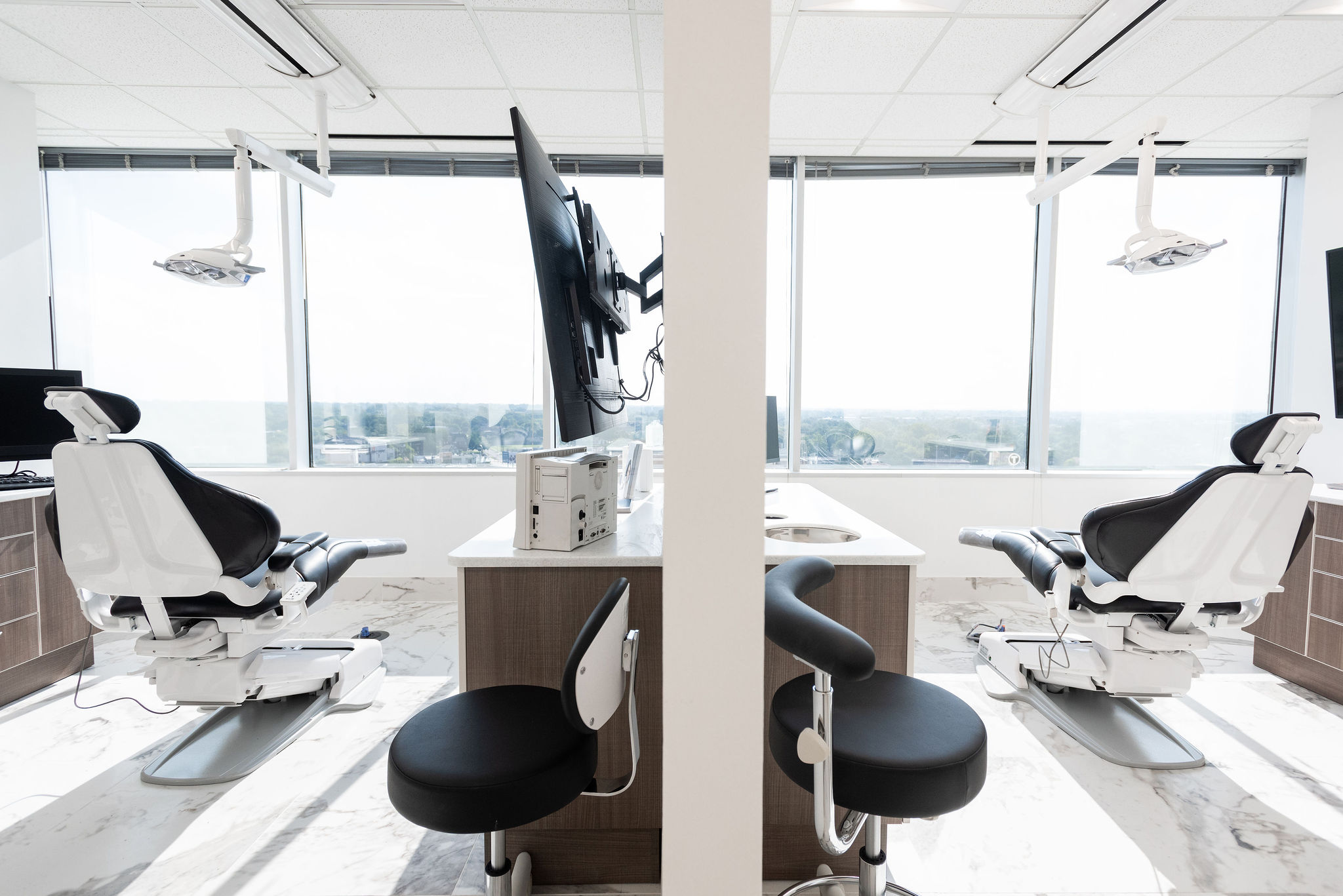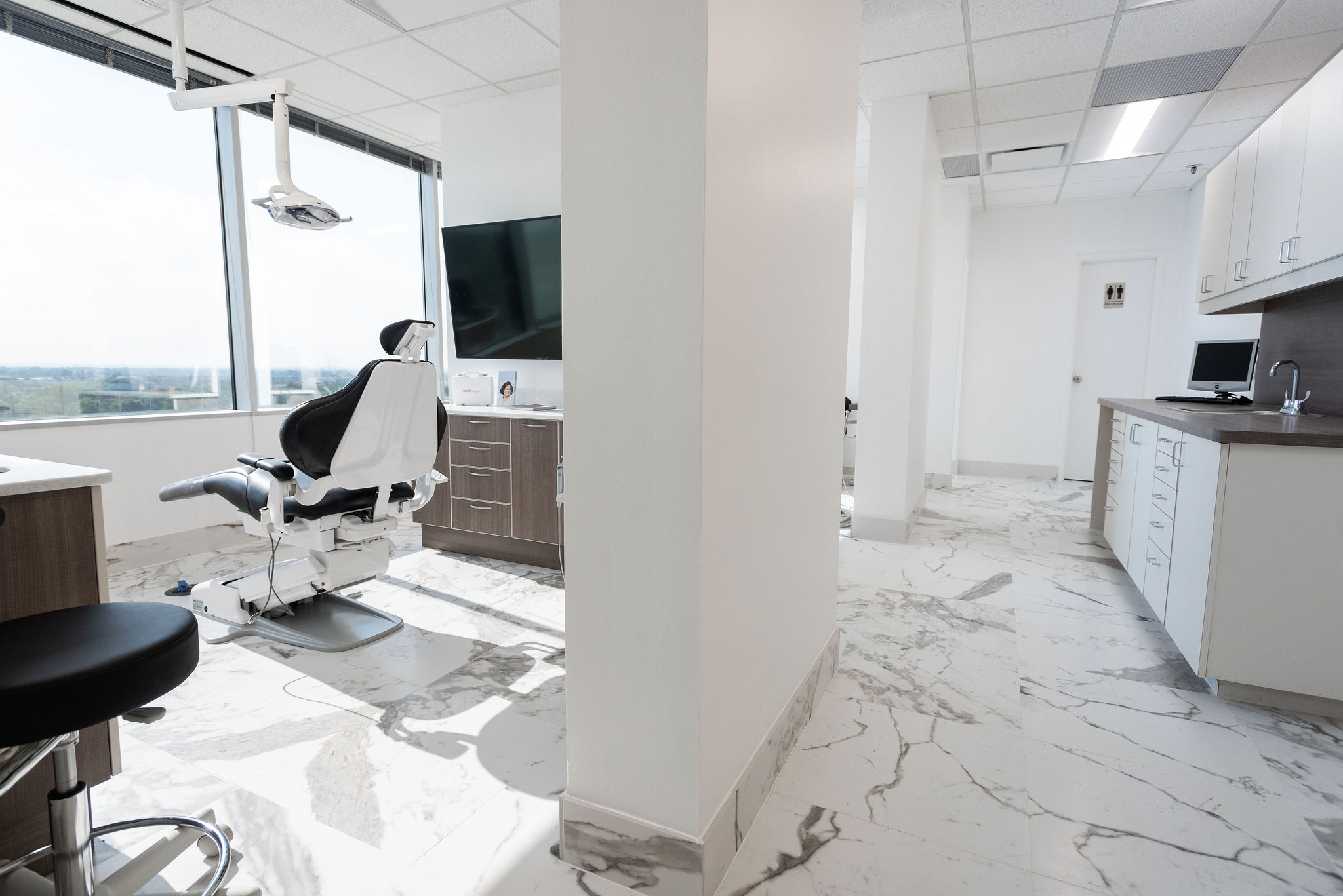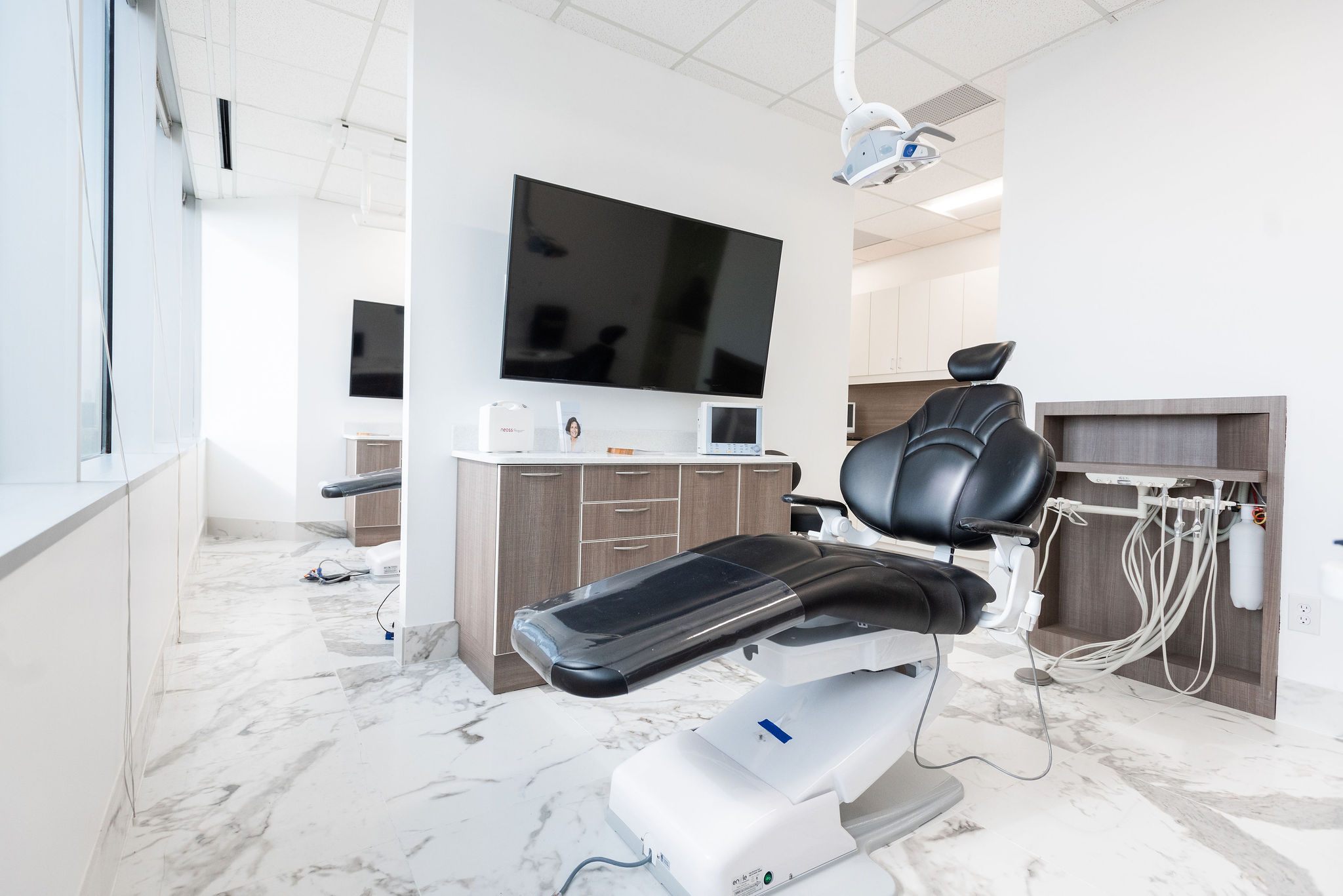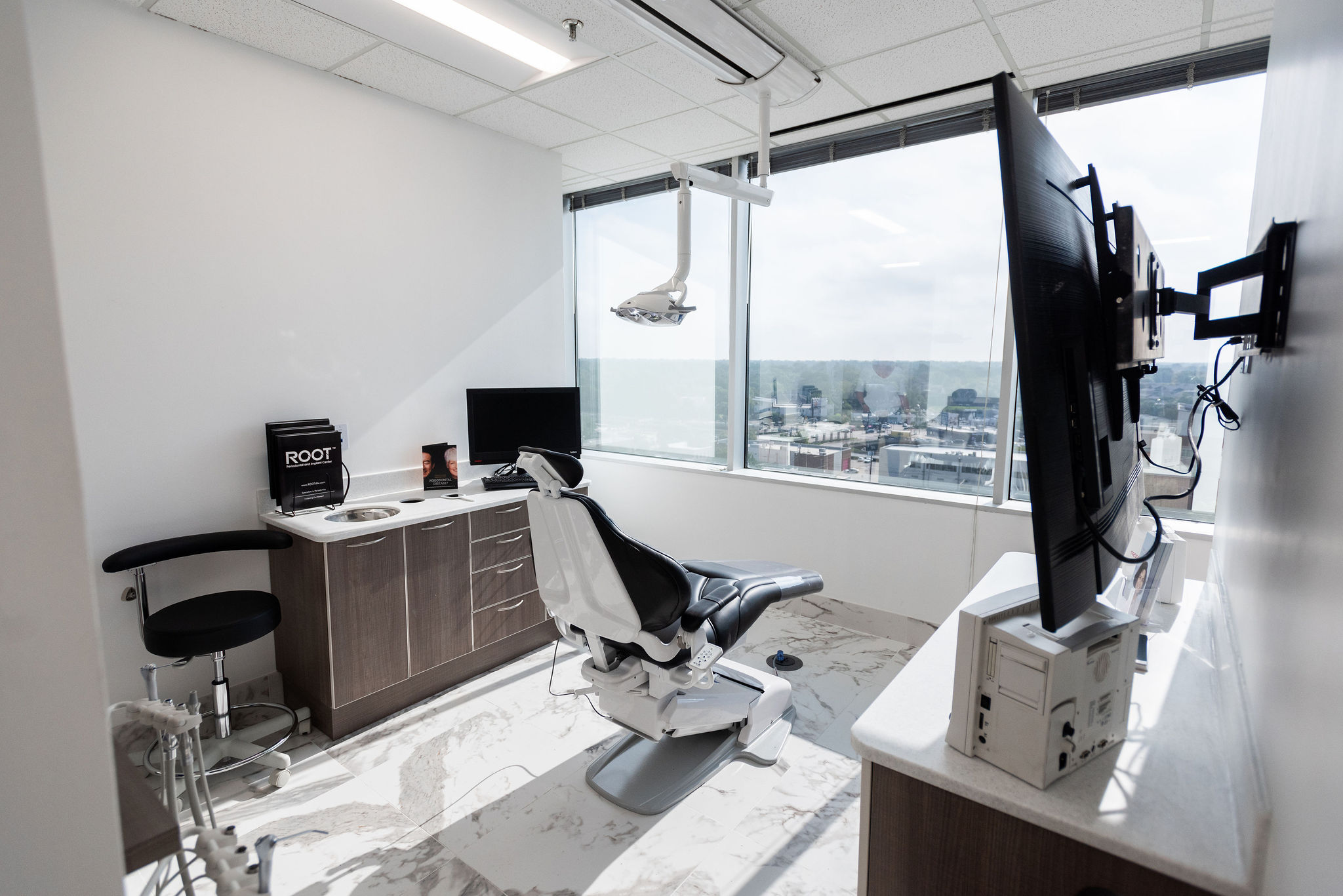SPECIALIZED ORAL PATHOLOGY IN DALLAS, TX
Making Specialized Oral Pathology Available to Everyone
Soft tissue mouth sores are common and can affect all ages. Most mouth sores are harmless, but some indicate more serious conditions. Soft tissue sores are painful lesions that form in your oral soft tissues. They can appear on your lips, gums, cheeks, tongue, and the floor or the roof of your mouth.
The professionally trained team at The Center for Oral Pathology, 4514 Cole Avenue, Suite 930, in Dallas, Texas, 75205, specializes in understanding the dynamics of the science and medicine to address oral health problems. If you have any questions concerning soft tissue mouth sores, contact us today at 855-ORAL-PAT(H) or 855-672-5728. We are committed and dedicated to ensuring your oral health.
Soft tissue mouth sores, also known as ulcers, are formed due to the degeneration of the top layer of tissue that lines the oral cavity. While lesions clinically appear the same, there can be a variety of reasons that lead to their development.
The Treatment of Mouth Sores
We begin with questions about your symptoms and your medical history. The Center for Oral Pathology will ask you about your consumption of food or drugs, and exposure to other substances like tobacco, chemicals, toothpaste, mouthwashes, metals, fumes, or dust. We need to know the current conditions that might be causing your mouth sores, conditions that are risk factors for mouth sores include, but are not limited to, a weakened immune system, cancer, or HIV infection, radiation and or chemotherapy.
The Center for Oral Pathology then does a physical examination. Your mouth is inspected, noting the location and nature of any sores. We do a general examination to look for signs of systemic disorders. Your skin, and eyes, are examined for any sores, blisters, or rashes.
We will treat the cause if identified. We may advise avoiding substances or drugs that are causing your sores. Gentle toothbrushing with a soft brush and salt-water rinses can help soothe some of the discomfort associated with the presence of the sores.
Pain can be controlled by avoiding acidic or highly salty foods and/or any substances that are irritating.
Topical treatments for mouth sores include:
- Anesthetics, for pain control
- Protective coatings
- Corticosteroids
- Burning with a laser or chemicals
An anesthetic such as lidocaine may be used as a mouth rinse. These rinses numb the mouth and throat and can make swallowing difficult, so children using them need to be watched to ensure that they do not choke. Lidocaine can also be swabbed directly on the sore.
Protective coatings containing antacids can be soothing when applied as a rinse. We typically add other ingredients such as lidocaine or an antihistamine to produce a variable “Magic Mouthwash”. Mouth rinses that contain alcohol should be avoided because they will worsen the symptoms associated with a sore.
If we are sure that the sore is not caused by an infection and is not part of a cancerous or precancerous process, we may prescribe a corticosteroid rinse or gel to be applied to each sore.
Common Causes of Soft Tissue Mouth Sores
There are several things that can lead to mouth sores. They range from a common injury to serious health conditions. These include:
- Biting your lip, tongue, or cheek
- Burning your mouth on hot food
- Chemical burns, from caustic substances or products
- Underlying genetic factors
- Allergic reactions
- Underlying autoimmune or other inflammatory conditions. Vitamin and mineral deficiency
- Manifestations of underlying systemic diseases
- Hormonal changes
- Viral or bacterial infections
- Radiation or Chemotherapy
- Oral cancer
Commonly Referred to Mouth Sores
Soft tissue sores can describe different conditions affecting your mouth. These include:
- Cold sores- Or fever blisters, cold sores are caused by the herpes simplex virus. Cold sores are contagious and can be transmitted through sharing food and beverages or kissing.
- Canker sores- Also called aphthous ulcers, canker sores are a common types of soft tissue lesions. They are not contagious, and usually go away in 10 to 14 days. These lesions are more often seen in younger individuals.
Schedule Your Oral Pathology Exam Today
At The Center for Oral Pathology, 4514 Cole Avenue, Suite 930, in Dallas, Texas, 75205, our team of specialists take your oral health seriously. Scheduling an appointment for an oral pathology examination or an oral biopsy can also actively improve your overall health. In addition to embracing the importance of your overall oral health, we also understand the value of your time, which is why we are focused on making your visit to our clinic as efficient as possible.
If you would like to learn more about your viable options with regards to a soft tissue sores exam, give us a call today at 855-ORAL-PAT(H) or 855-672-5728 with any questions and to get your examination on the calendar. We look forward to serving you and contributing to improving your quality of life.




